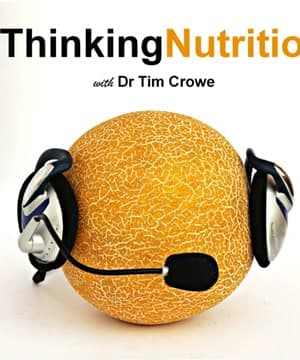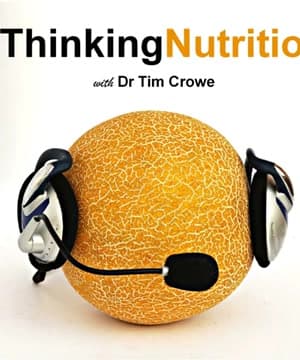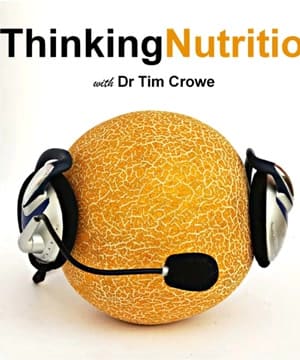Benefits of beetroot
Sources:
Beetroot offers several notable health benefits, primarily attributed to its high nitrate content:
-
Blood Pressure Regulation:
- Nitrates in beetroot convert to nitric oxide in the body, which helps dilate blood vessels and lower blood pressure.
- Studies show that consuming beetroot juice can lead to a modest reduction in systolic blood pressure, especially beneficial for those with hypertension 1.
-
Athletic Performance:
- Beetroot juice can enhance exercise endurance and performance by improving blood flow and oxygen delivery to muscles.
- This benefit is attributed to nitric oxide's role in augmenting muscle efficiency and reducing the energy cost of muscle contractions 2.
- Recreational athletes often see a greater benefit, likely due to less cardiovascular adaptation compared to elite athletes 3.
-
General Health and Anti-Inflammatory Properties:
- Beets are known for their anti-inflammatory effects, which can boost overall health.
- They are rich in essential nutrients and antioxidants, contributing to a healthy diet 4.
-
Improved Oxygen Delivery and Endurance:
- Regular intake of beet juice can improve oxygen delivery, particularly useful for endurance activities and elevation training.
- This effect is beneficial for athletes training for high-intensity events or those experiencing hypoxia 5.
-
Convenience and Versatility:
- Beetroot can be easily incorporated into the diet through various forms such as juices, powders, and even flavored salsas.
- While beetroot juice is often preferred for its convenience and fixed nitrate content, homemade options are available as well 4.
Overall, beetroot's nitrates play a significant role in its health benefits, making it a valuable addition to both health and fitness routines.
RELATED QUESTIONS-
Beetroot nutritional values
Sources:
Beetroot is highly nutritious and provides a wide range of essential nutrients. Here are some key nutritional values for beetroot:
- Calories and Macronutrients:
- Low in calories, making it a good addition to diets aimed at weight management.
- Provides about 44 calories per 100 grams.
- Carbohydrates:
- Contains around 10 grams of carbohydrates per 100 grams.
- Includes sugars such as glucose and fructose, providing quick energy.
- Fiber:
- Rich in dietary fiber, offering around 2-3 grams per 100 grams.
- Helps support digestive health and aids in maintaining regular bowel movements.
- Vitamins:
- High in folate (Vitamin B9), essential for DNA synthesis and repair, approximately 109 micrograms per 100 grams.
- Contains other vitamins like Vitamin C and small amounts of Vitamin A.
- Minerals:
- Good source of manganese, potassium, magnesium, and iron.
- These minerals play critical roles in muscle function, blood pressure regulation, and oxygen transport in the blood.
- Nitrates:
-
Beetroot is particularly noted for its high nitrate content.
-
Nitrates convert to nitric oxide in the body, which helps dilate blood vessels, improve blood flow, and reduce blood pressure.
explains that beetroot nitrates contribute to nitric oxide production, improving vascular function and athletic performance 1.
- Antioxidants:
- Contains betalains, pigments with potent antioxidant and anti-inflammatory properties.
- Antioxidants help combat oxidative stress and may reduce the risk of chronic diseases.
Eating beetroot regularly can support various aspects of health due to its dense nutritional profile and positive effects on cardiovascular health and exercise performance.
RELATED QUESTIONS


